Throughout history, certain political theorists have quietly shaped the course of modern governance. Their ideas laid the groundwork for many principles we take for granted today. Though not always in the spotlight, their contributions remain profound and enduring. This article sheds light on a few such thinkers whose theories continue to influence political landscapes across the globe.
Alexis de Tocqueville
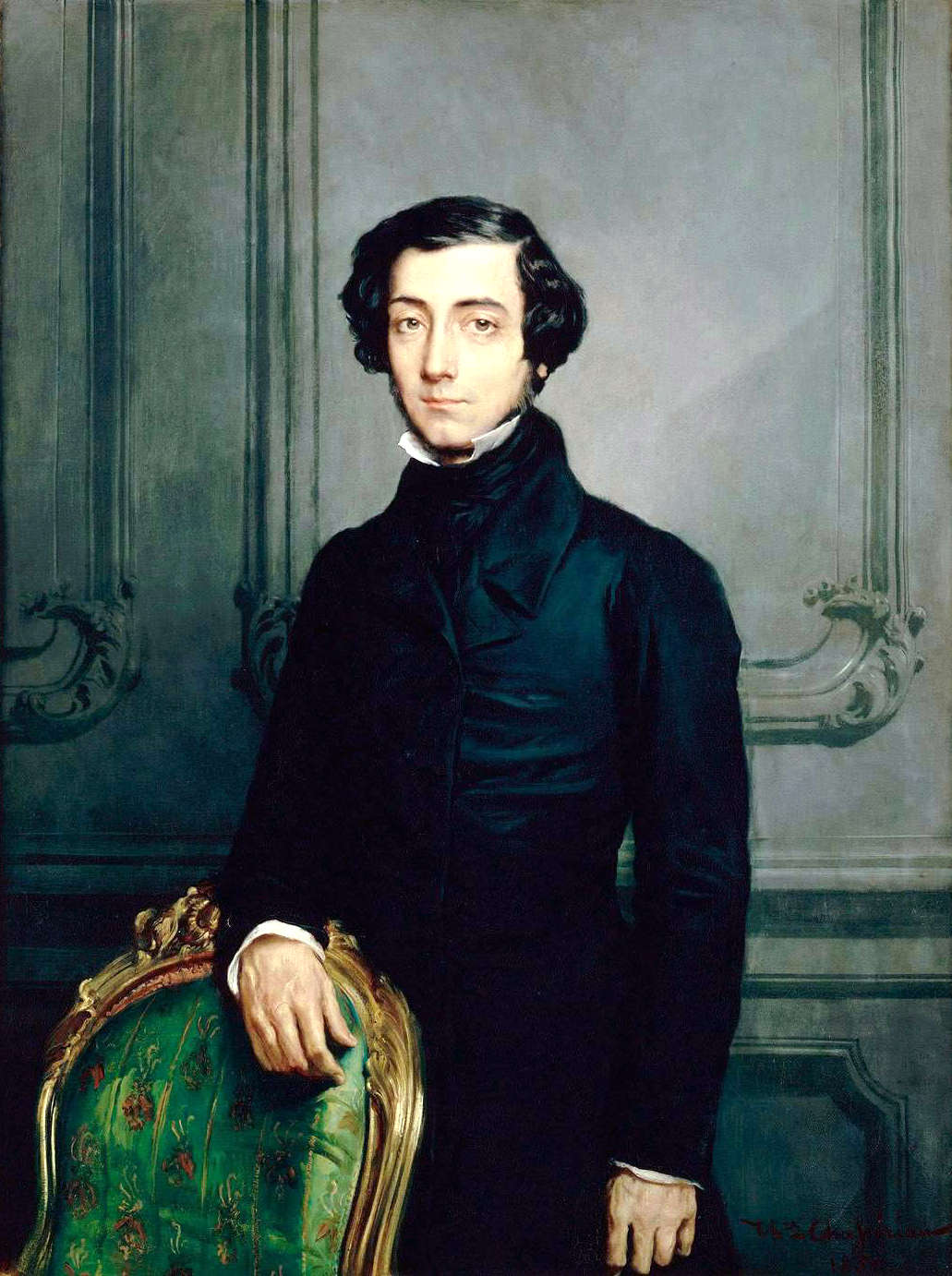
Alexis de Tocqueville offered a deep analysis of democratic society. He explored how democracy affects social equality. His observations highlighted the strengths and weaknesses of democratic governance. Tocqueville’s work emphasized the importance of civil society and political participation. His ideas remain central to understanding modern democratic institutions. His observations, particularly in Democracy in America, remain essential for understanding how democratic systems function. Tocqueville warned about the potential dangers of majority rule, cautioning against the tyranny of the masses. His ideas promoted a balance between state power and civil liberties, influencing modern governance structures. He shaped the way societies view the relationship between freedom and equality, laying foundations for democratic thought.
Benjamin Constant
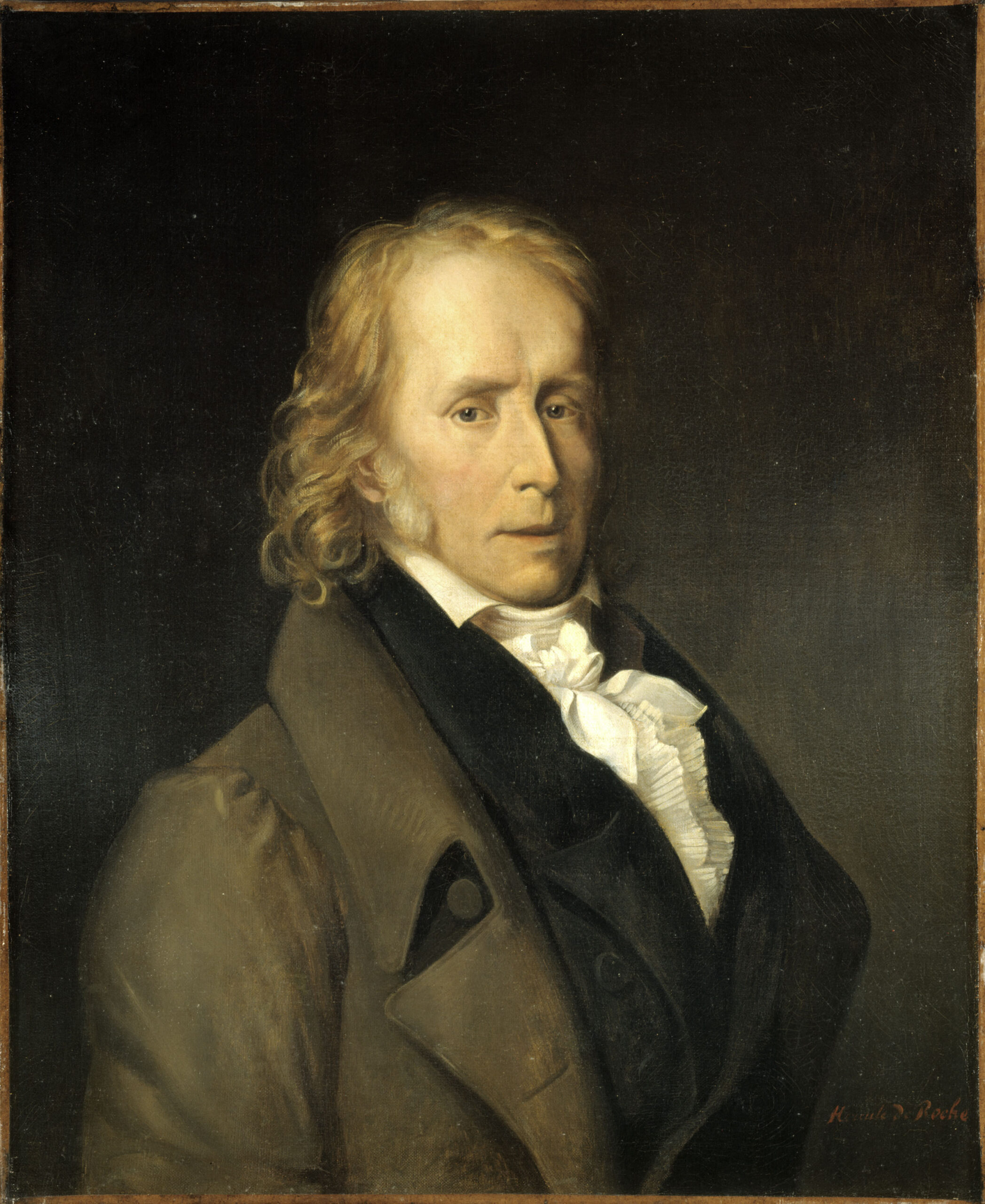
Benjamin Constant was a pivotal figure in advancing the ideas of political liberalism. He emphasized the importance of individual freedoms in opposition to authoritarian rule. Constant’s works, particularly The Liberty of the Ancients Compared with That of the Moderns, explore the role of personal liberty in modern political life. His work focused on individual freedom and its role in society. He advocated for limited government, believing that political institutions should protect civil liberties. His theories on constitutional government helped frame ideas of modern representative democracy. Constant argued that personal liberty was essential for true democracy.
Giovanni Gentile
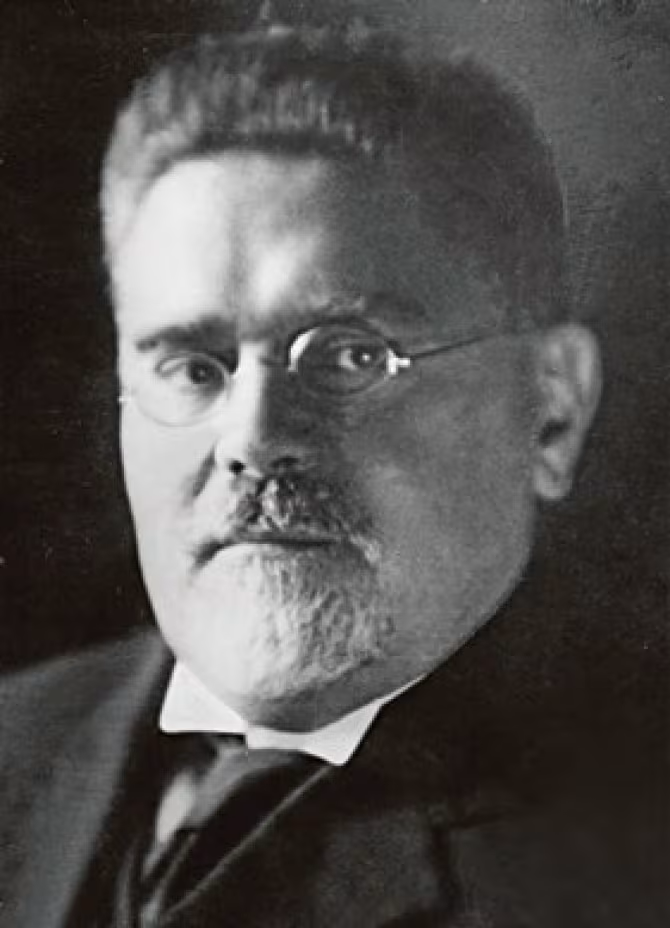
Giovanni Gentile was a significant yet controversial figure in shaping authoritarian political thought. Known for his theory of “actual idealism,” Gentile viewed the state as the highest expression of human consciousness. He argued that the state and individuals should merge in collective action, prioritizing national interests over personal freedoms. His ideas heavily influenced fascist ideology, particularly in Italy. Despite the problematic legacy, Gentile’s philosophical contributions reshaped modern governance concepts surrounding the role of the state in society.
Harriet Taylor Mill
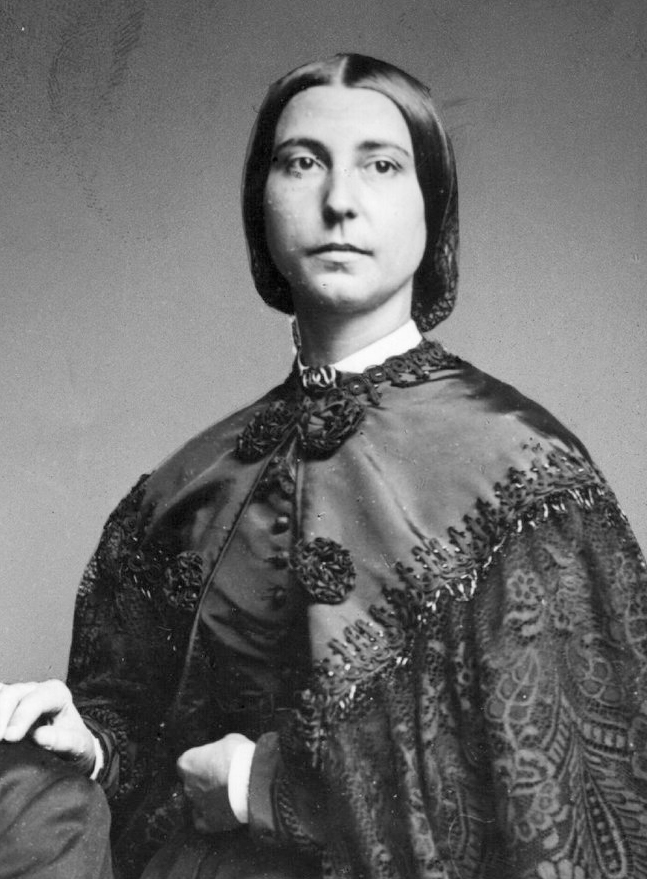
Harriet Taylor Mill played an essential role in advancing ideas about gender equality and social justice. Her work, alongside her husband John Stuart Mill, advocated for women’s rights and democratic reforms. She believed in the equal treatment of individuals regardless of gender and contributed significantly to shaping feminist political thought. Taylor Mill argued for inclusive governance, where both men and women actively participate. Her influence paved the way for modern discussions on gender equity in politics.
John Stuart Mill
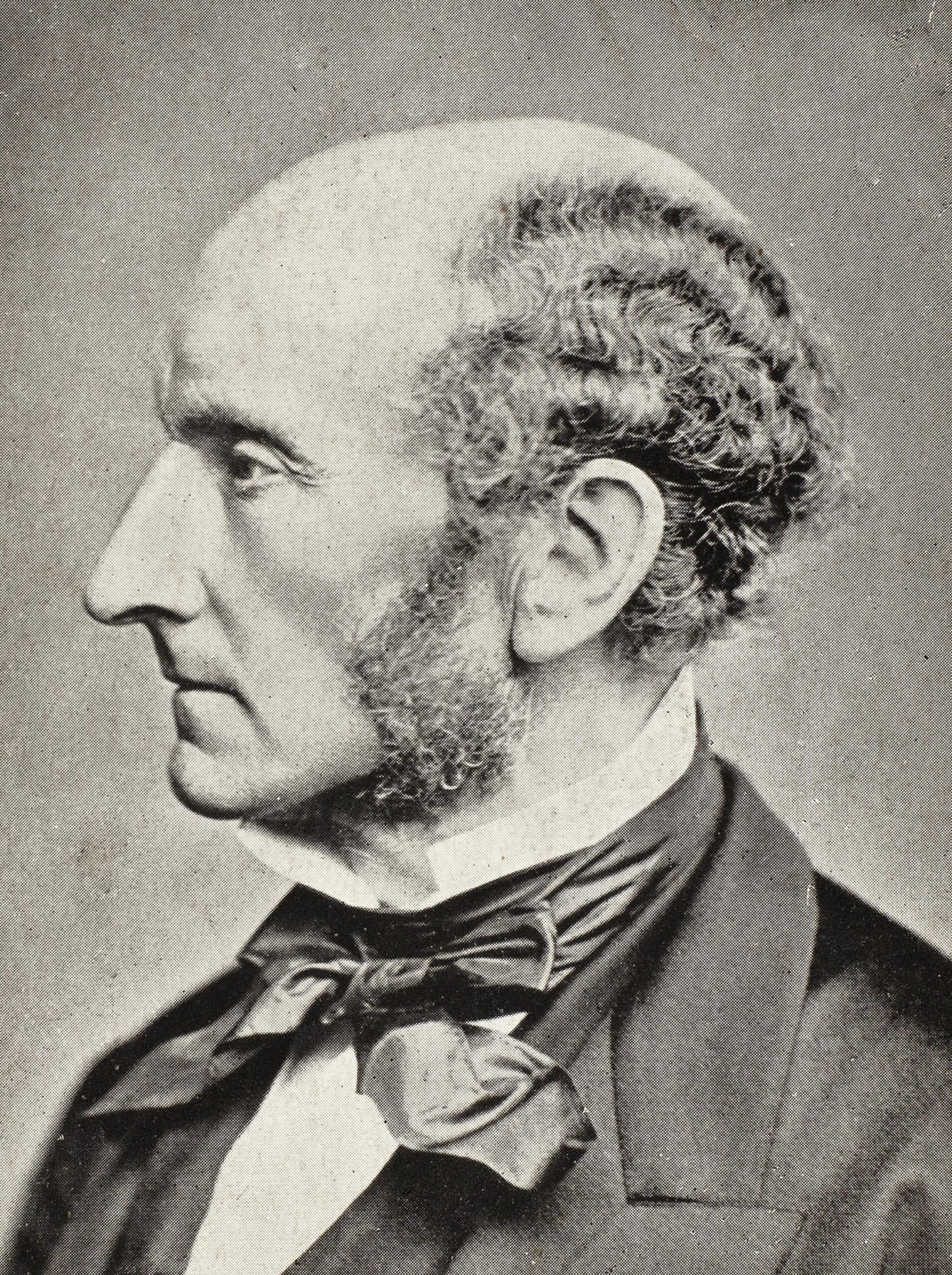
John Stuart Mill’s contributions to political theory have had lasting impacts on liberal thought. He is best known for his ideas on liberty, utilitarianism, and the role of government in protecting individual rights. Mill’s On Liberty explores the delicate balance between individual freedom and societal control. He believed in the harm principle, where individuals should be free to act unless their actions harm others. His advocacy for personal liberty and limited government shaped modern governance and the protection of civil rights.
Johann Gottlieb Fichte
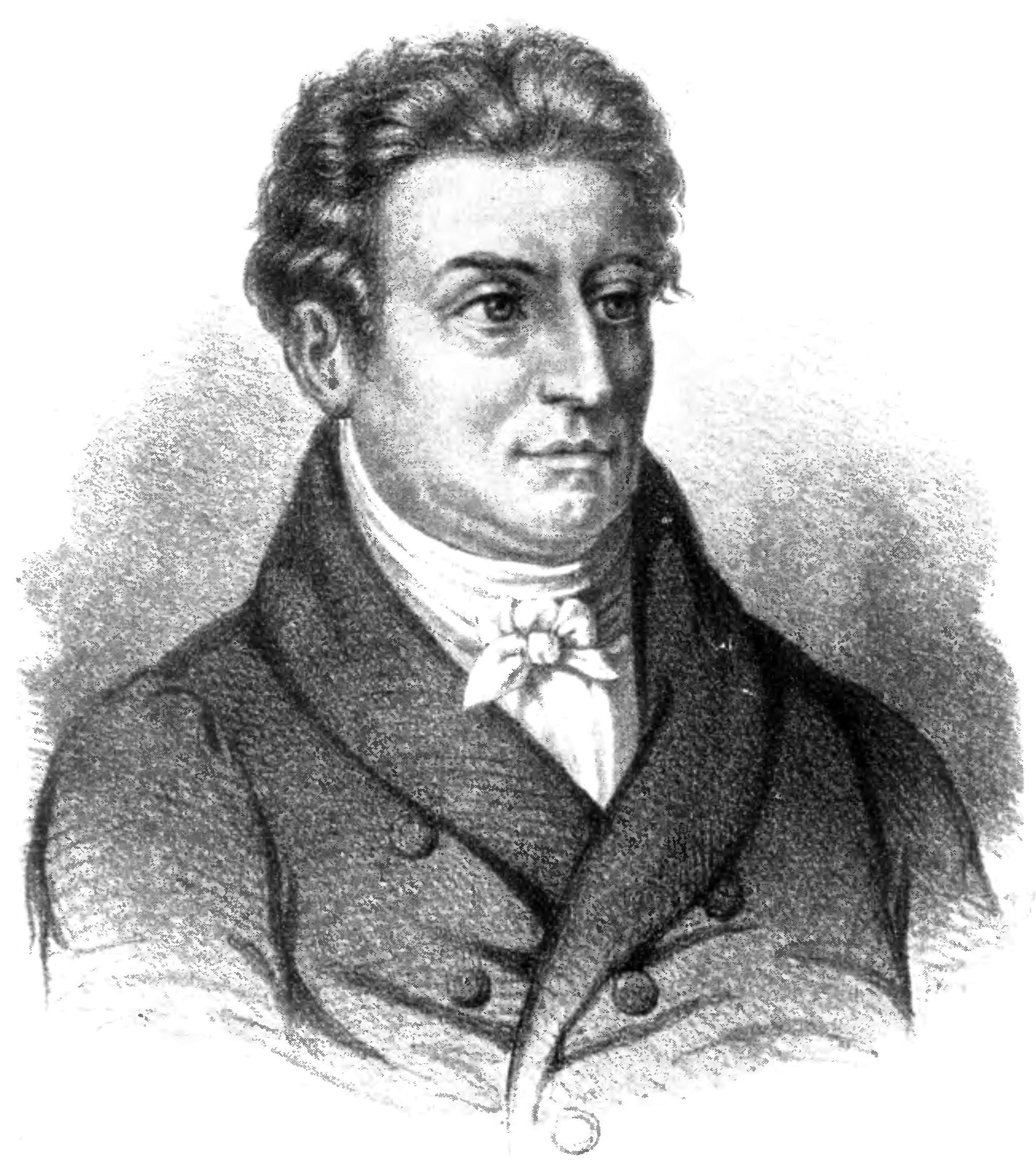
Johann Gottlieb Fichte was a German philosopher whose ideas on nationalism and individual rights shaped modern political thought. He emphasized the importance of the self and national identity in governance. Fichte believed that a strong, unified national culture was essential for political and social stability. His work on the nation-state influenced later political movements, particularly in Germany. Fichte’s ideas laid the groundwork for modern notions of statehood, national sovereignty, and the social contract.
Pierre-Joseph Proudhon
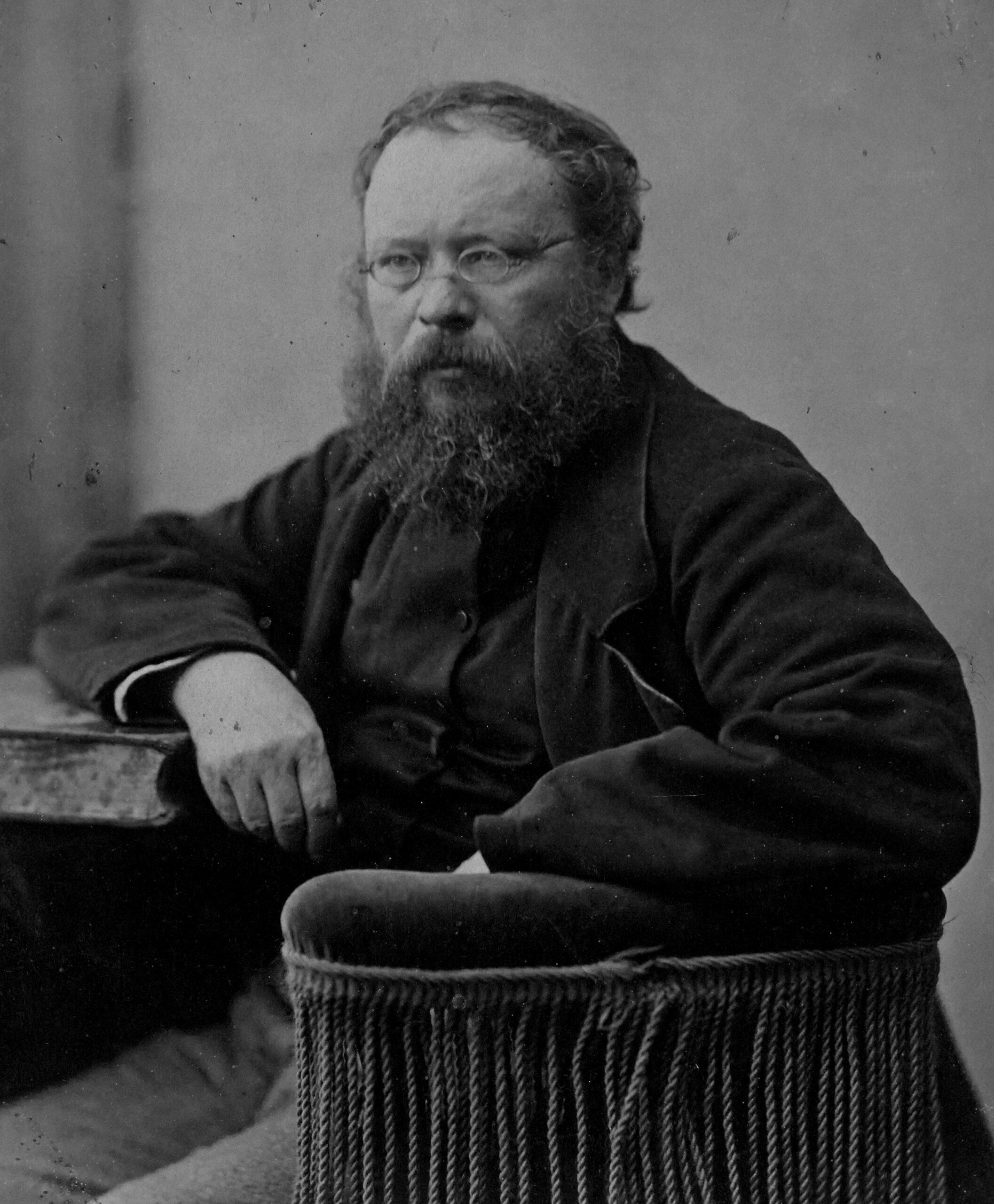
Pierre-Joseph Proudhon is often remembered as one of the first anarchist theorists. He famously declared that “property is theft,” critiquing capitalist ownership structures and advocating for mutualism. Proudhon believed that individuals should self-govern through cooperative institutions rather than hierarchical governments. His ideas challenged the status quo, pushing for decentralization and local governance. Though controversial, Proudhon’s thoughts on political and economic organization have influenced modern discussions on socialism, libertarianism, and anti-authoritarian governance.
James Harrington
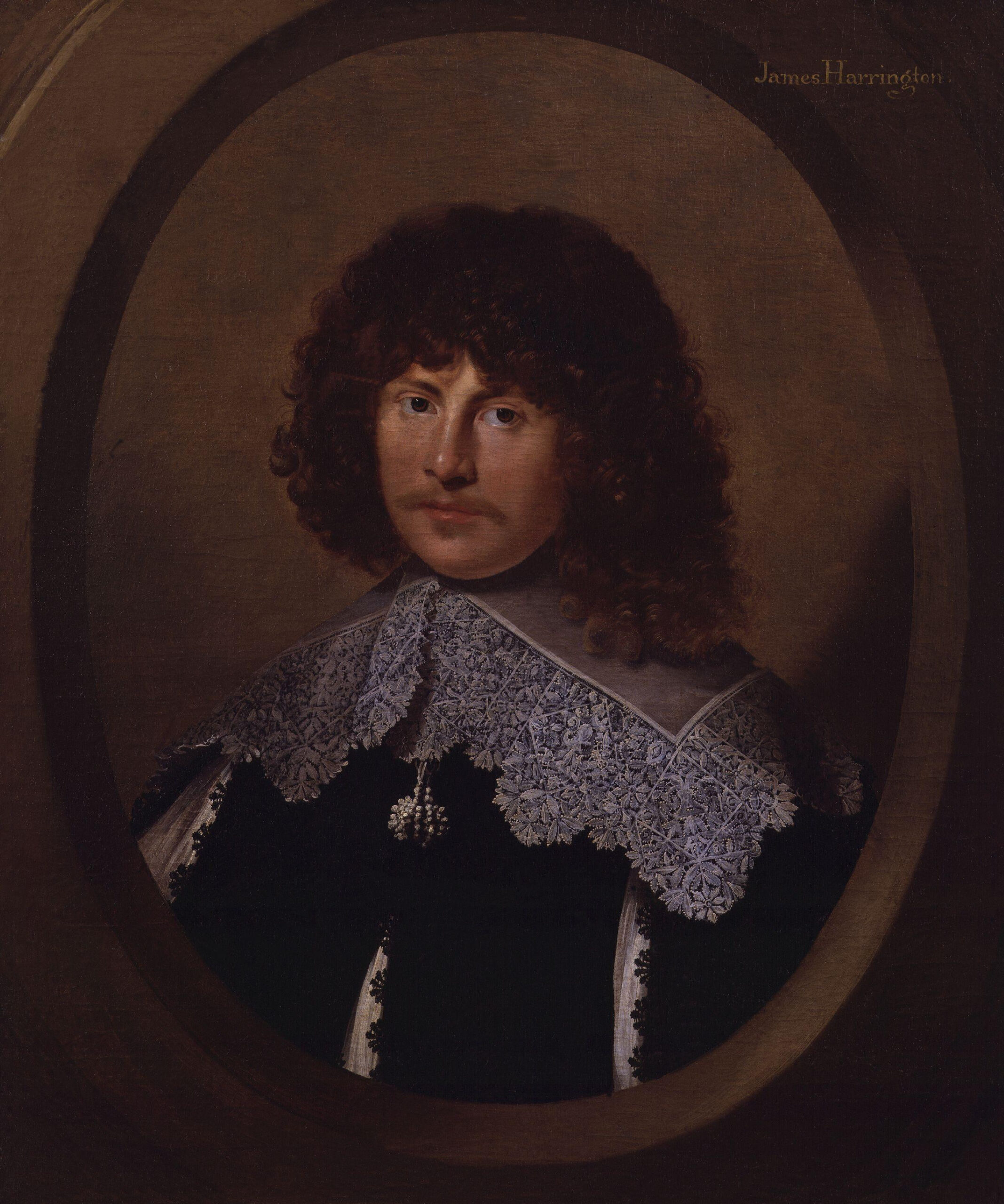
James Harrington was a 17th-century political theorist whose work The Commonwealth of Oceana laid out ideas for a balanced, republican government. He advocated for the separation of powers and property distribution to prevent the rise of tyranny. Harrington believed that political power should derive from land ownership, which influenced later discussions on republicanism. His vision of a mixed constitution, with checks and balances, helped shape modern concepts of governance. Though less well-known, his ideas contributed to the development of democratic institutions.
Antonio Gramsci
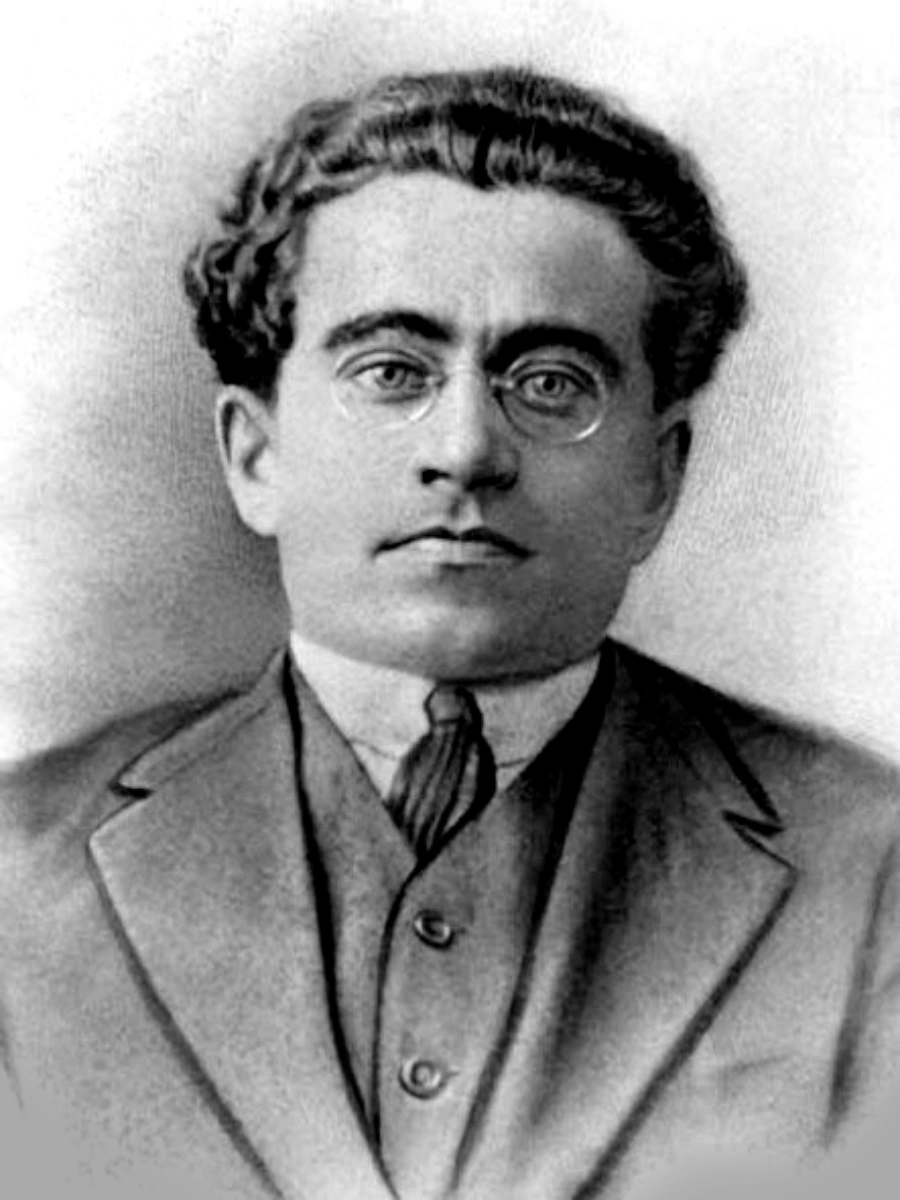
Antonio Gramsci was an influential Marxist theorist who developed the concept of cultural hegemony. He argued that ruling classes maintain power not just through force but by controlling cultural norms and ideas. Gramsci’s work emphasized the role of intellectuals in shaping public consciousness, suggesting that ideological control is key to political dominance. His theories on power, class struggle, and culture have influenced modern political thought, particularly in leftist movements. His ideas continue to resonate in discussions about media, politics, and social change.
Mary Wollstonecraft
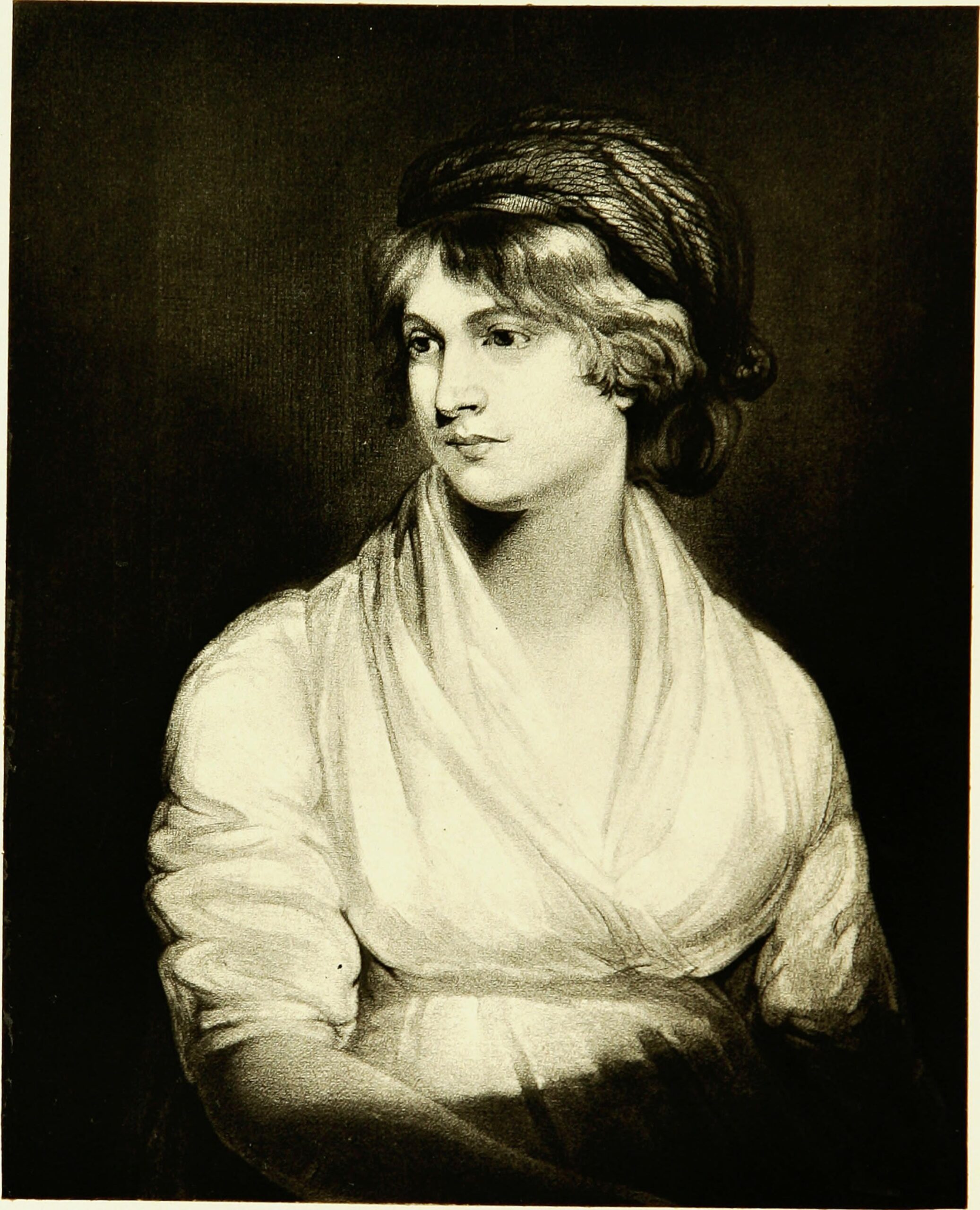
Mary Wollstonecraft was a pioneering advocate for women’s rights and equality. In her seminal work A Vindication of the Rights of Woman, she argued for equal education and political participation for women. Wollstonecraft believed that women’s empowerment was essential for the health of a democratic society. Her ideas laid the foundation for modern feminist movements, shaping political discussions on gender and equality. Though often overshadowed by later figures, her contributions remain vital to the evolution of liberal democracy and women’s rights.
José Ortega y Gasset
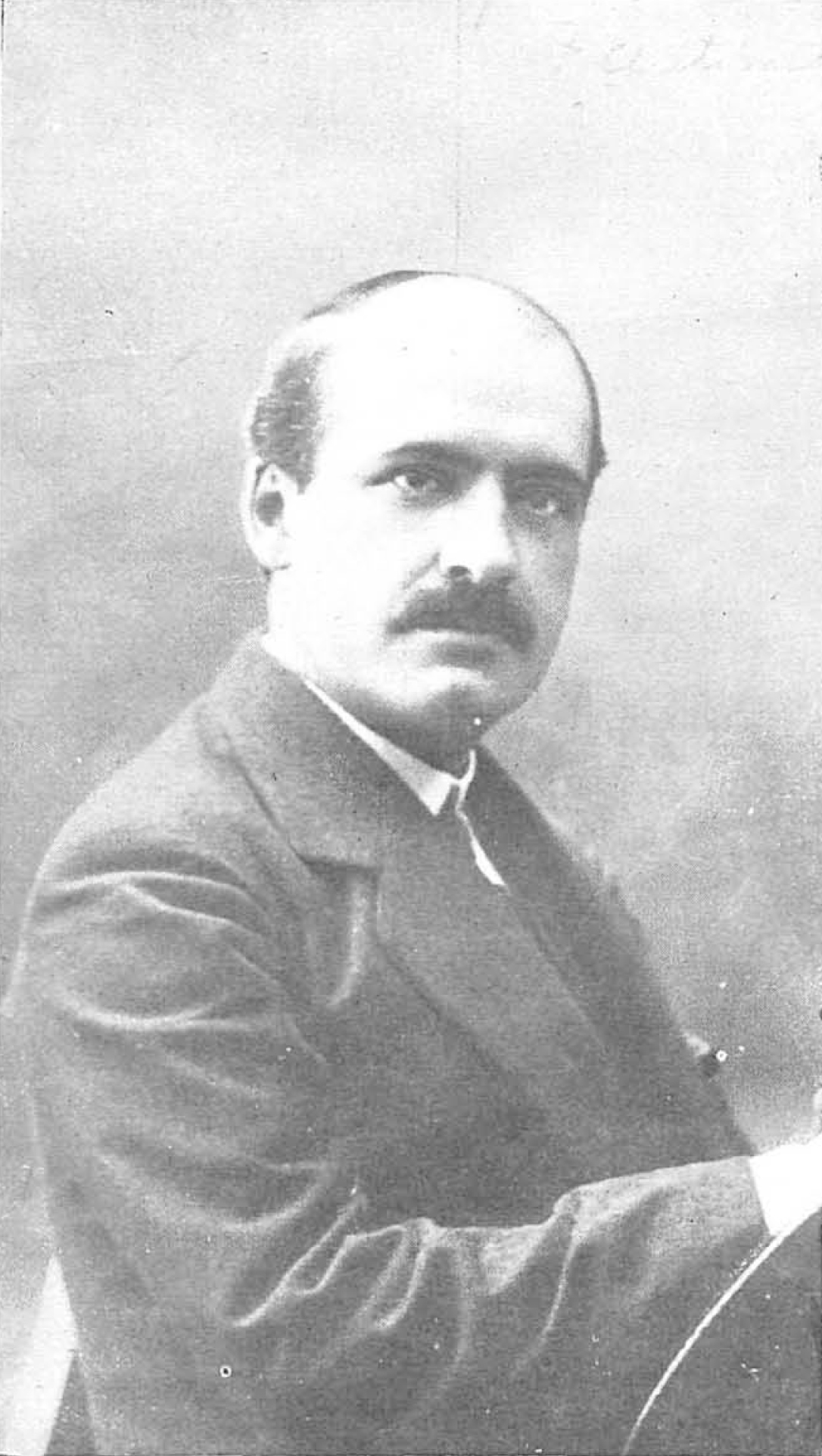
José Ortega y Gasset was a Spanish philosopher who critiqued mass society and the dangers of populism. His work The Revolt of the Masses warned against the rise of unqualified majorities controlling political power. Ortega believed that governance should be guided by an educated elite, capable of addressing complex societal challenges. He emphasized the need for personal responsibility and cultural development within modern democracies. His ideas, though controversial, shaped conversations around governance, elitism, and the role of intellectuals in politics.
Hannah Arendt
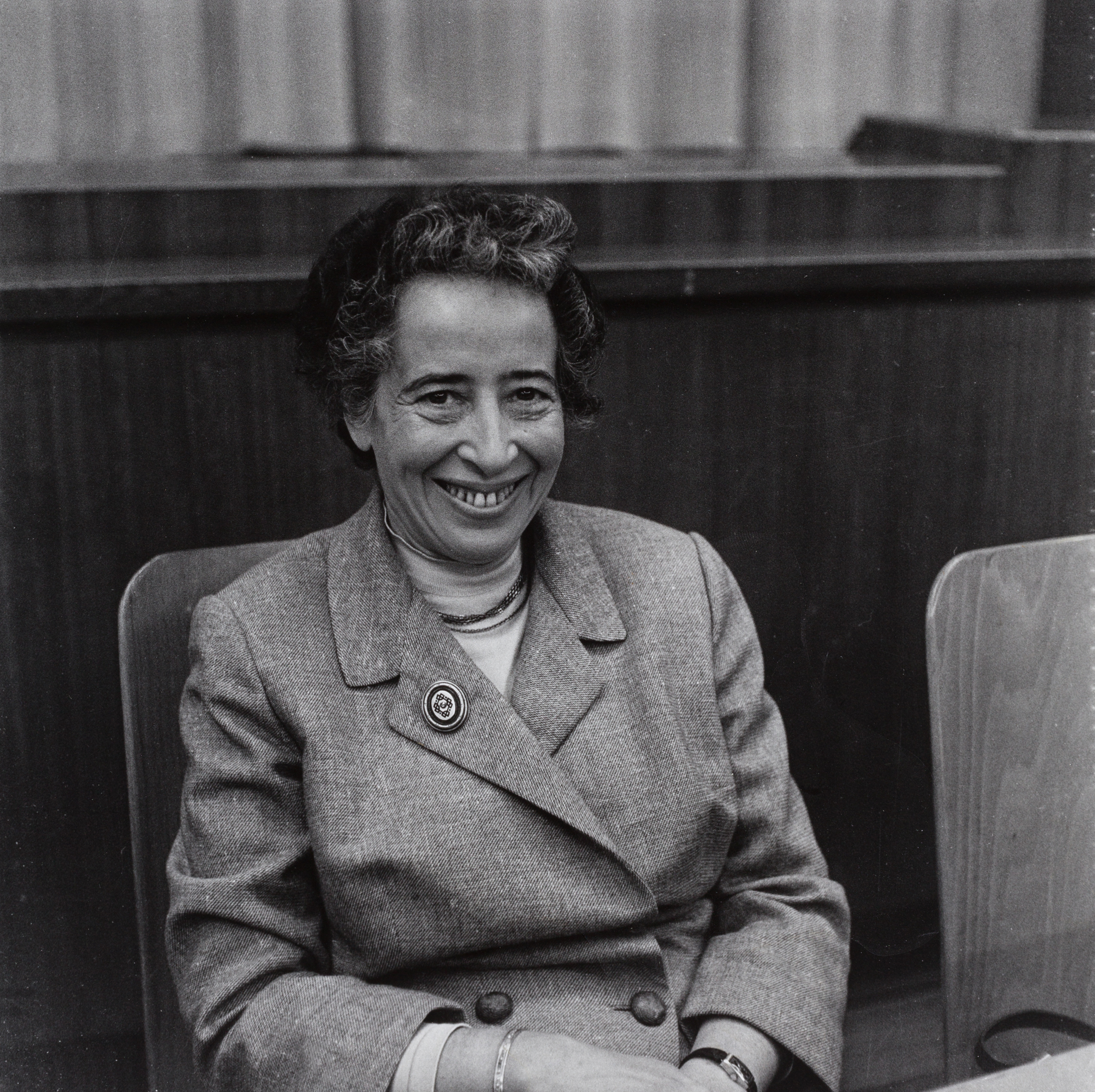
Hannah Arendt was a political theorist known for her analysis of totalitarianism and the nature of power. In The Origins of Totalitarianism, she explored how authoritarian regimes rise and thrive. Arendt’s work emphasized the dangers of mass conformity and the loss of individuality in political systems. She advocated for active participation in public life as a way to combat oppression. Her ideas about the nature of political evil and civic responsibility continue to influence modern political thought and discussions on human rights.
François-Noël Babeuf
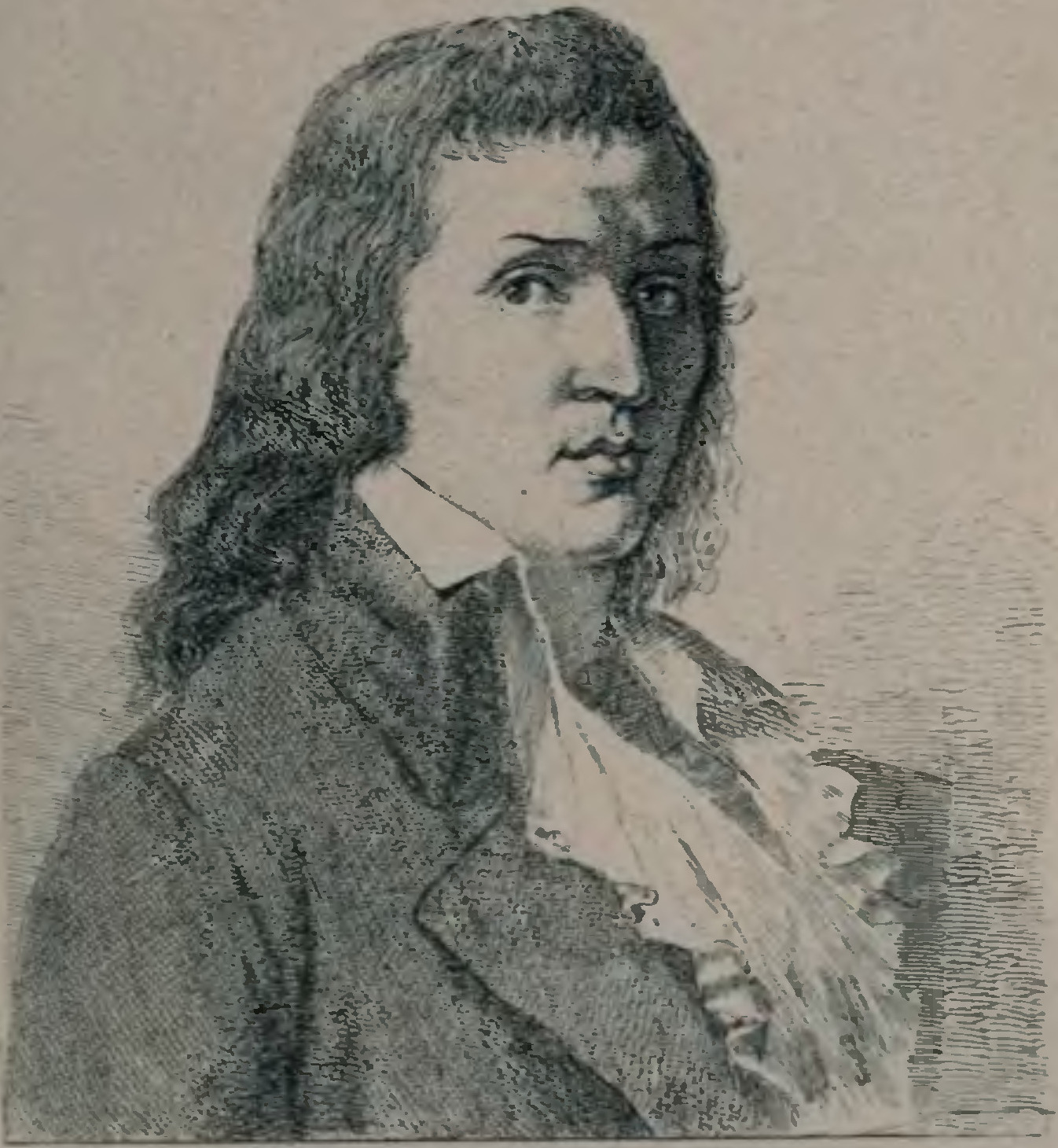
François-Noël Babeuf was a radical political theorist during the French Revolution, known for his advocacy of communal property and equality. He led the Conspiracy of the Equals, an early attempt to establish a socialist state. Babeuf believed that true political freedom required economic equality, and he pushed for the redistribution of wealth. His ideas, though short-lived in practice, laid the groundwork for later socialist and communist movements. Babeuf’s call for revolutionary change influenced future discussions on economic justice and class struggle.
Alfred Thayer Mahan
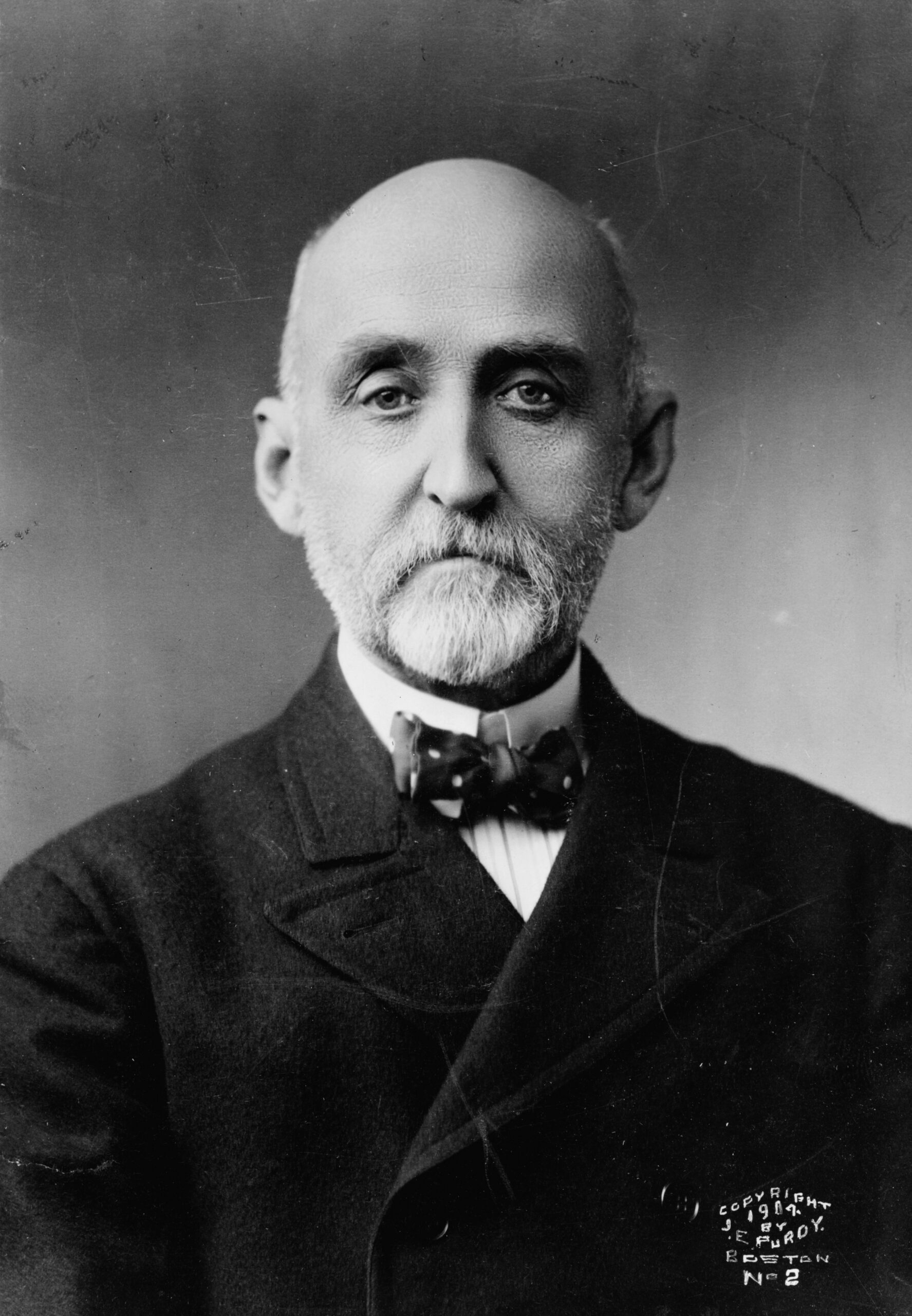
Alfred Thayer Mahan was a naval strategist whose theories on sea power shaped modern geopolitics and military strategy. In The Influence of Sea Power upon History, Mahan argued that national power depended on naval dominance and control of trade routes. His ideas influenced the expansion of naval fleets and imperial ambitions in the late 19th and early 20th centuries. Mahan’s work contributed to modern understandings of global power dynamics, emphasizing the strategic importance of military strength in governance. His influence extends to both political and military thought, particularly in global policy.
This article originally appeared on Rarest.org.
More from Rarest.org
18 Rare Fish Species Swimming in the World’s Most Pristine Waters

In the hidden corners of the world’s purest waters, rare fish species thrive, each with its own unique story and characteristics. Read More.
16 High-Performance Sports Cars Leading the Charge in Innovation
In the rapidly evolving world of high-performance sports cars, innovation drives both speed and sustainability. Read More.
21 Remarkable Reptiles Adapted to Harsh Deserts

In the world’s harshest deserts, certain reptiles have developed remarkable adaptations to thrive where few others can. Read More.

